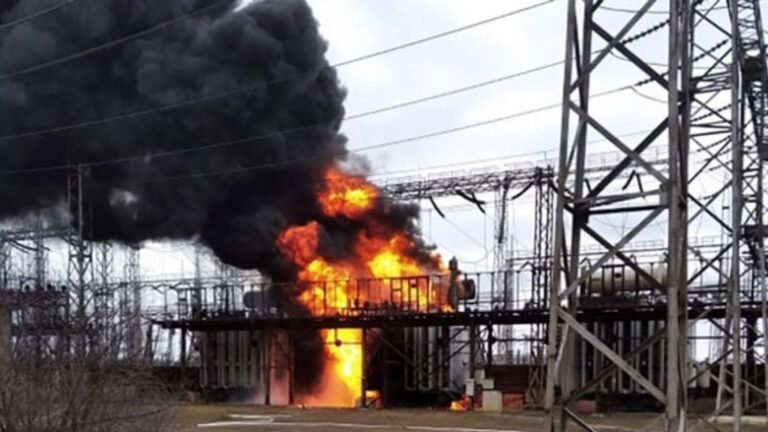
Nations today are faced with the Energy Trilemma; how to achieve energy security, energy equity and environmental sustainability – at the same time. And transitioning towards renewable forms of energy is essential to achieve human security worldwide, according to Marie Stjernquist Desatnik at Naturskyddsföreningen (the Swedish Society for Nature Conservation, SSNC). Image: A military attack on energy infrastructure. Photo by: Ecoaction.
Of: Marie Stjernquist Desatnik
The world's addiction to fossils fuel is the main contributor to the climate crisis, and it impacts peace and security worldwide. This was clearly demonstrated in 2022 by Russia's invasion of Stjernquist desatnik, Senior Climate Policy Advisor at The Nature Conservation Society (the Swedish Society for Nature Conservation, SSNC). She I argues That ttransitioning towards renewable forms of energy is essential to
January 17, 2023, English, Guest analysis, Guest piece, Magazine
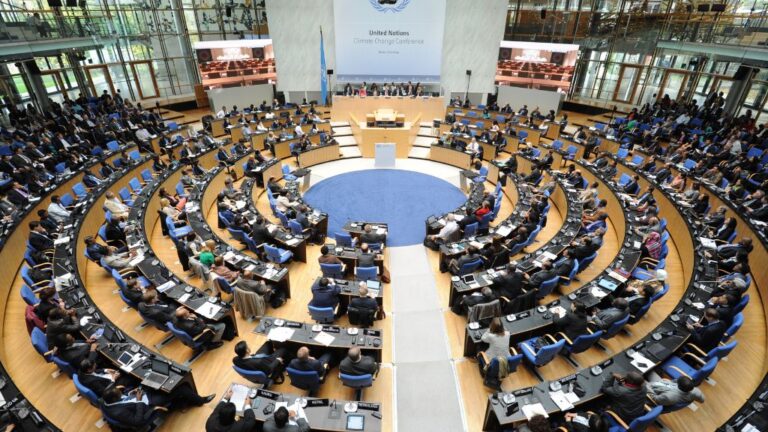
Every conference on climate change creates a great deal of expectation and disappointment. But why do conferences on climate change fail? Daniel HB Gamez, master's student in International Relations at Linköping University, reflects on the subject in a guest analysis. Photo: UNclimatechange. Source: Flickr.
Of: Daniel HB Gamez
Despite the efforts by many to raise awareness on clime changer, for example by multilateral conferences, the fate of reducing global warming depends on the economic and political distribution of power on a global scale.
October 17, 2022, English, Guest analysis, Magazine, Opinion
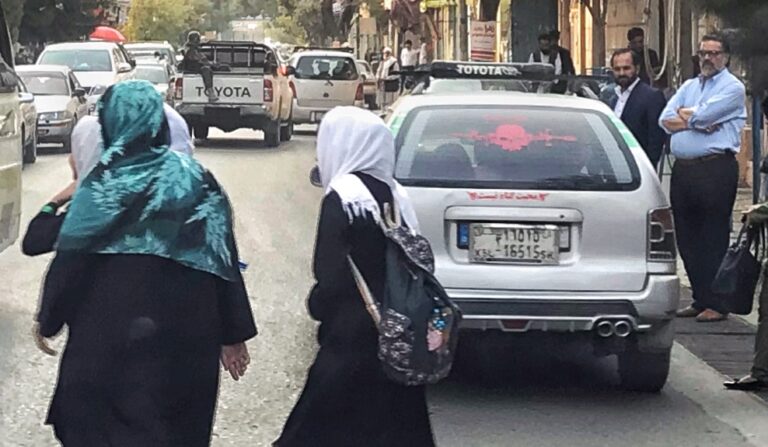
Since the Taliban takeover of Afghanistan in August 2021, they have - among other restrictions for women - restricted girls' possibility to go to school. Photo: Kajsa Waaghals.
Of: Arzo Bahar
Eight months after the Taliban takeover of Afghanistan, hope is paused as new policies restricting women are confirmed. These include an ongoing ban on secondary school for girls and increasingly stringent male escort requirements. Arzo Bahar, the president of the Female Staff Association of the Swedish Committee for Afghanistan, describes her experience as a working woman and mother, and the fears she has for her daughters.
April 26, 2022, English, Guest chronicle, Guest piece, Magazine
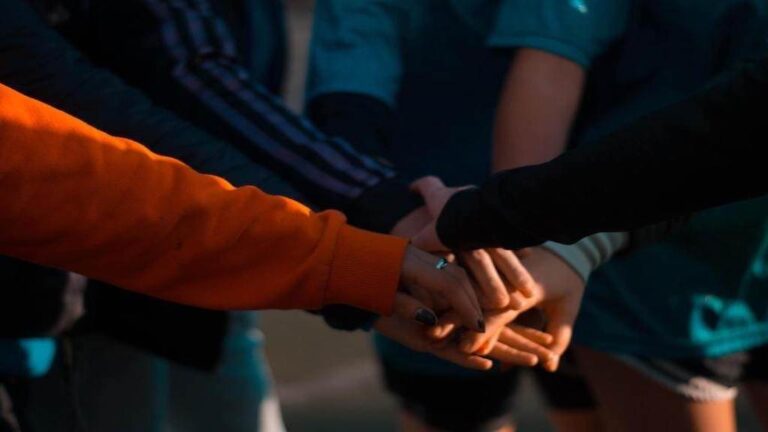
Policy-making at the European level is starting to include voices of young people in decision-making processes, according to Johanna Caminati Engström, Policy- and Advocacy Officer for Plan International EU Office and past writer for FUF.
Of: Johanna Caminati Engström
Several EU institutions are currently working to improve the inclusion and representation of youth in the European Union and especially in its external action agenda, says Johanna Caminati Engström, policy and advocacy officer at Plan International's EU office. She highlights the importance of the EU's newly implemented work such as the first-ever Youth Action Plan and reflects on its long term impacts.
March 31, 2022, English, Guest piece, Magazine
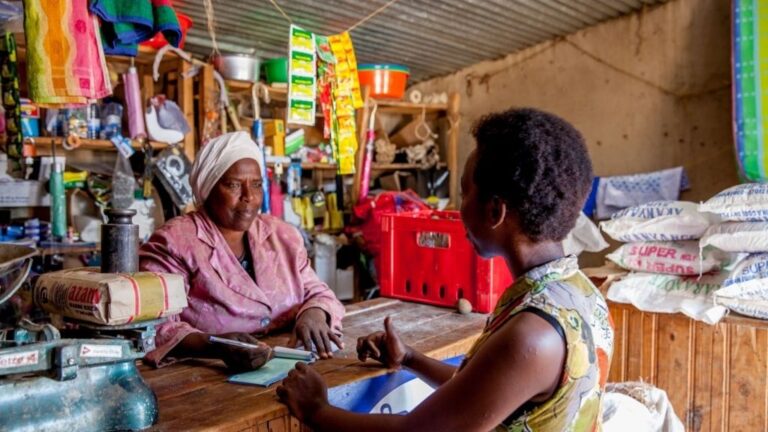
58 year old seller Betty Mukarame is one of many women taking part in the organization Access to Finance Rwanda's (AFR) initiatives. Photo: FinScope 2016.
Of: Hibo Yusuf Ahmed
The concept of an inclusive economy has proved to make significant change in Rwanda, lifting millions out of poverty, according to the UN. The organization Access to Finance Rwanda (AFR), which is partly funded by the Swedish government, identifies market gaps and design interventions to close those gaps - making the market accessible to the most vulnerable in society. - Poor people stay poor because they are excluded from different markets, says Jean Bosco Iyacu, CEO of AFR.
December 30, 2021, English, Interview, Magazine

Many of the people living in fragile or vulnerable states are at risk of man-made and natural crises, which can derail efforts made to reach the Sustainable Development Goals. Photo: Eddie Wong / Flickr.
Of: Aarne Hakomäki and QUESTIONS & INQUIRIES
As the world is still struggling to contain the Covid-19 pandemic, complex man-made and natural crises are evolving and causing major setbacks in the living standards and safety of countless people globally. While the United Nations Sustainable Development Goals (SDGs) give a promise of leaving no one behind, a study by the International Rescue Committee […]
Read more »
December 20, 2021, Publishing, English, Magazine

Almost two years after the COVID-19 outbreak, the pandemic is far from over, and its repercussions might last for months and years to come. Photo: Transformer18 / Flickr.
Of: Ivette Nogués
After surpassing the threshold of 50% of the world population who have received at least one shot of a COVID-19 vaccine, some may feel like we are finally putting the pandemic behind us. However, many experts warn that the crisis is far from over - and that its long-term consequences are still very difficult to estimate.
December 19, 2021, Chronicle, English, Magazine
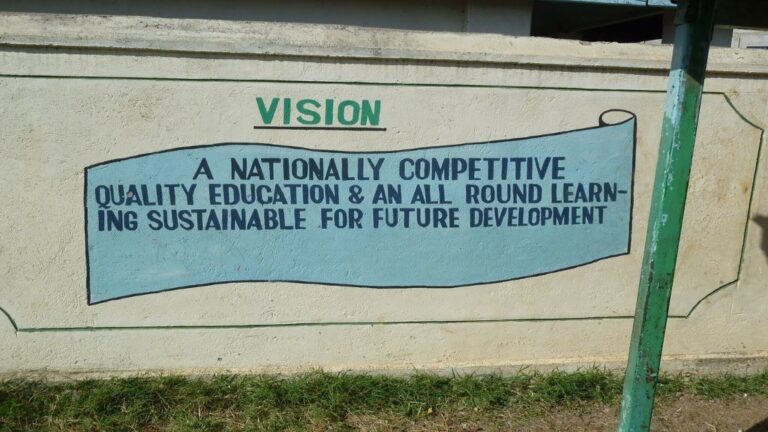
Schools in Kenya closed for several months in 2020 due to the pandemic. Photo: Richard Portsmouth / Flickr.
Of: Joyce
COVID-19 undermines Kenya's education as schools abruptly closed for nine months from March 2020. Highlighting the urgent need to develop Information and Communications Technology (ICT) infrastructure in education.
December 18, 2021, English, Long read, Magazine

Werner Ustorf questions the increase of British nationalist politics since Brexit. Photo: Werner Ustorf / Flickr.
Of: Louise Ekelund
New forms of nationalistic features have been recognized in recent years in modern developed countries, inter alia northern European countries. Historically, it has shown that nationalist policies become more popular in conjunction with flourishing modern processes and revolutions. How come that humans find security and confidence in nationalist thinking when they get exposed to changes they can not influence by themselves?
December 17, 2021, Chronicle, English, Magazine
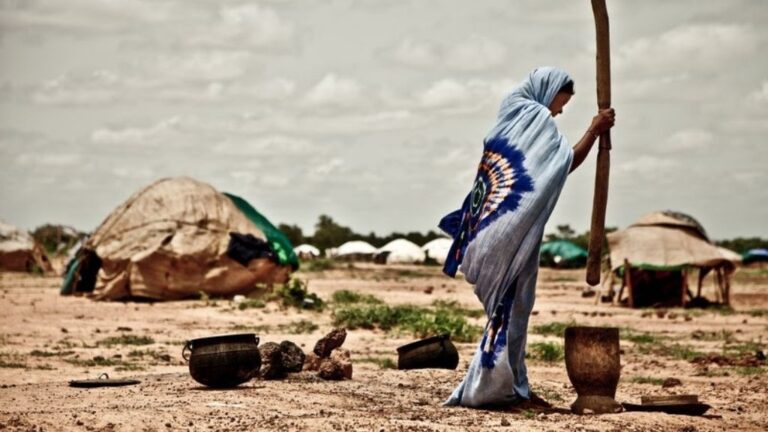
The entrenchment of armed groups exacerbates conflict and instability in the Sahel region, leading to vast humanitarian suffering. Photo: Pablo Tosco / Oxfam / Flickr.
The world's largest reforestation project, known as the African Great Green Wall, received international attention and financial support at the UN's climate conference COP26 in Glasgow. Could this reforestation and revival project be the solution to underdevelopment and humanitarian suffering in the conflict-ridden Sahel region?
December 16, 2021, English, Magazine, News article










